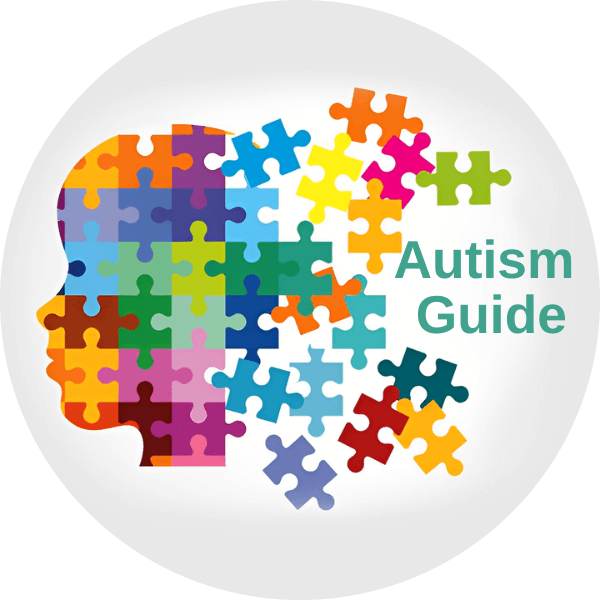
Many parents have trouble understanding and coping with their children’s picky eating habits. Children who are picky eaters have a strong sense of independence and self-determination.
What is picky eating?
Picky eating refers to a pattern of behavior in which a person is selective or picky about the foods they will eat, often eating only a narrow range of familiar and preferred foods and avoiding or rejecting new or different foods. It can be a normal part of childhood development, but in some cases, it can become persistent and problematic, leading to a limited and inadequate diet and potentially to nutritional deficiencies or other health problems.
What is the connection between picky eating and autism?
Picky eating is commonly associated with autism spectrum disorder (ASD). Studies have found that children with autism are more likely to have particular eating habits, which can cause nutritional deficiencies and other health problems. The reasons for the higher incidence of picky eating among individuals with autism are not well understood, but it is thought to be related to sensory sensitivities, difficulties with transitions and change, and an overall preference for routine and structure in their environment, including in their diet.
It’s important to note that while picky eating is common in individuals with autism, not all individuals with autism have picky eating habits, and not all individuals with picky eating habits have autism. If a child is having difficulty with feeding or nutrition, it’s recommended to seek the advice of a healthcare professional.
Is there any relation between picky eating and neurotransmitters?
Some evidence suggests that picky eating may be related to neurotransmitter imbalances in the brain. Neurotransmitters regulate mood, appetite, and other bodily functions.
For example, low serotonin levels, a neurotransmitter involved in regulating mood and appetite, have been associated with increased food cravings, impulsivity, and compulsive behaviors, which can contribute to picky eating. Similarly, low levels of dopamine, which is involved in motivation and reward, have been linked to decreased interest in food and reduced pleasure in eating.
However, while there is a relationship between neurotransmitter imbalances and picky eating, it is complex and not fully understood.
How to balance neurotransmitter levels in the brain?
There are several ways to balance neurotransmitter levels in the brain:
1. Diet: Consuming a healthy, balanced diet with plenty of fresh fruits and vegetables, whole grains, lean protein, and healthy fats can help support neurotransmitter balance.
2. Exercise: Regular physical activity has been shown to increase the release of neurotransmitters like dopamine, endorphins, and serotonin, which can help improve mood and reduce stress.
3. Stress management: Chronic stress can disrupt neurotransmitter balance. Practicing stress-reducing activities such as meditation, yoga, or deep breathing can help.
4. Sleep: Getting enough sleep is important for maintaining neurotransmitter balance. Poor sleep can disrupt neurotransmitter levels, while adequate sleep can help support neurotransmitter function.
5. Supplements: Some people may benefit from natural supplements like amino acids, vitamins, and minerals that support neurotransmitter production and function. However, it’s important to consult a healthcare professional before starting any new supplement regimen.
So neurotransmitter synthesis can affect the eating habits of a child. If you experience that your child is a picky eater, you should test his methylation and microbiome state to rule out methylation dysfunction and probable pathogens from the gut that can affect neurotransmitter synthesis.
If you want to access the Picky eater recipes, you must join our membership program!

ou will find more details in the AUTISM GUIDE
Resources
-
- Hayes, N. A. and Foreman, J. C. The activity of compounds extracted from feverfew on histamine release from rat mast-cells. J Pharm Pharmacol1987;39(6):466-470
- Hsieh et al. Baicalein inhibits IL-1ß- and TNF-a-induced inflammatory cytokine production from human mast-cells via regulation of the NF-?B pathway. ClinMolAllergy. 5: 5. 2007.
- TheoharidesTC, Patra P, Boucher W, et al. Chondroitin sulphateinhibits connective tissue mast-cells. British Journal of Pharmacology. 2000;131(6):1039-1049. doi:10.1038/ sj.bjp.0703672.
- Ro JY, Lee BC, Kim JY, et al. Inhibitory mechanism of aloe single component (alprogen) on mediator release in guinea pig lung mast-cells activated with specific antigenantibodyreactions. J PharmacolExpTher. 2000;292:114–121. 73.
- https://www.ncbi.nlm.nih.gov/pubmed/24477254
- https://www.ncbi.nlm.nih.gov/pubmed/28458279
- https://www.ncbi.nlm.nih.gov/pubmed/9421440
- https://www.ncbi.nlm.nih.gov/pubmed/10344773
- https://www.ncbi.nlm.nih.gov/pmc/articles/PMC4315779/


